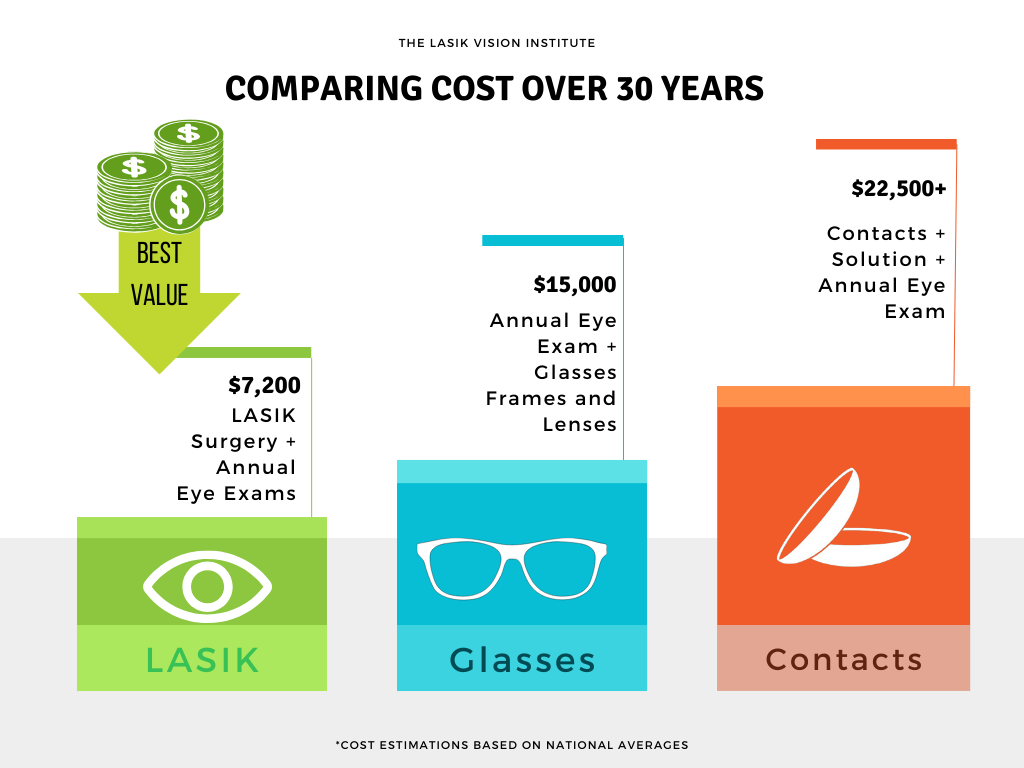The freedom of ditching glasses and contacts for crisp, clear vision is a dream for many. LASIK eye surgery offers a permanent solution to refractive errors, but the question of age often arises. Can you get LASIK under 20? The FDA (Food and Drug Administration) mandates that the minimum age for LASIK surgery is 18 years. This regulation is in place because the eye continues to change and develop throughout adolescence and their is importance in waiting until the eyes have reached a certain level of maturity.
Ongoing Changes in Eyes Under 20
Refractive Instability
Refractive instability is a condition where an individual’s prescription for glasses or contact lenses changes frequently. During the teenage years, eyes are still maturing, and this can lead to fluctuations in vision. For LASIK to be effective and long-lasting, the prescription needs to be stable for at least a year. Conditions such as nearsightedness, farsightedness, and astigmatism must be deemed stable by an eye care professional before considering LASIK.
Factors to Consider Beyond Age
Age is a significant factor, but it’s not the only one. Here are other crucial aspects to discuss with your ophthalmologist when considering LASIK under 20:
- Vision Stability: As mentioned earlier, stable vision is paramount. Ideally, your prescription should remain unchanged for a good period of time before LASIK. This indicates your eyes have reached a point of maturity where the correction will be long-lasting.
- Overall Eye Health: Underlying eye conditions like dry eye syndrome or certain corneal abnormalities can affect candidacy for LASIK. A thorough eye exam will assess your suitability for the procedure.
- Lifestyle and Occupation: Active individuals in high-contact sports or physically demanding professions may need to consult their ophthalmologist on the best plan of action to minimize the risk of injury to the treated cornea.
Determining whether you are ready for LASIK requires careful consideration of multiple factors. These factors include stability of vision, specific lifestyle needs, and the potential of long-term benefits and risks. By consulting with experienced LASIK surgeons and taking into account the FDA guidelines, you can make an informed decision about the appropriate timing for this life-changing procedure.
Schedule a free LASIK consultation today to find out if you are an ideal candidate for LASIK. Our expert team is here to guide you every step of the way.

Find a LASIK Surgery Location Near You
We’re located nationwide – it’s easy to find a LASIK Vision Center near you.










